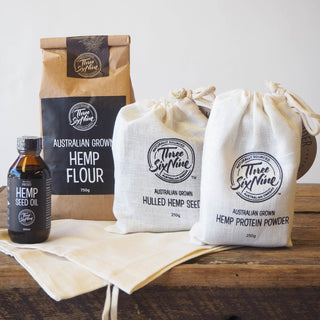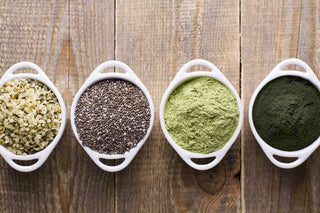
Benefits of Hemp Foods
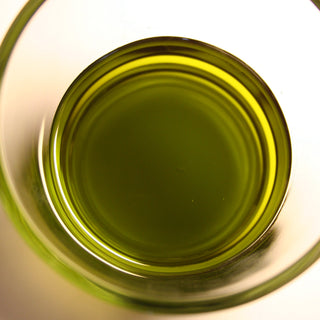
The "Do It all" Oil
Hemp Seed Oil
Hemp Seed Oil (HSO) extracted from the seed of the cannabis sativa L plant.
Hemp seed oil is usually cold pressed resulting in an extraction ranging from fine yellow to dark green oil. The oil itself has a slightly nutty taste, one which is enjoyably palatable. The seed of the cannabis plant is in truth, not a seed at all but a tiny, hard skinned nut known as an achene, which houses many properties highly beneficial to the health and well being of mankind.
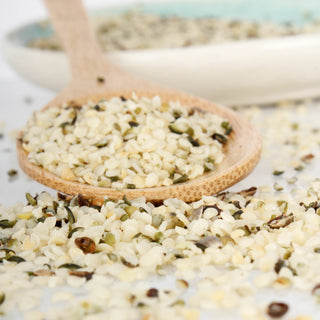
Small but mighty
Hulled Hemp Seeds
Hemp Seeds are a gift of nature. They are the most nutritious seed in the world. Hemp Seeds are a complete protein. They have the most concentrated balance of proteins, essential fats, vitamins and enzymes combined with a relative absence of sugar, starches and saturated fats. Hemp Seeds are one of nature's perfect foods - a Super Food. This is one of the most potent foods available, supporting optimal health and well being, for life. Raw hemp provides a broad spectrum of health benefits, including: weight loss, increased and sustained energy, rapid recovery from disease or injury, lowered cholesterol and blood pressure, reduced inflammation, improvement in circulation and immune system as well as natural blood sugar control.
Hemp belongs to the genus Cannabis sativa and has been cultivated for thousands of years as a source of fibre, edible seeds, edible oil, lubricant, and as a fuel.
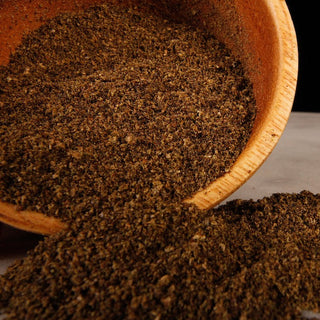
Use it everywhere and anywhere
Hemp Protein Powder & Flour
Much like soy and other beans or legumes, hempseed is an excellent source of protein because it contains all the 21 known amino acids. This includes the 9 essential amino acids that the body can’t produce on its own and must take from dietary sources. However unlike soy beans, hemp has not been subjected to genetic modification. Hemp farmers also say that its cultivation hardly requires pesticides, herbicides or petrochemical fertilisers. It happens to be one of those plants that lend easily to organic agricultural methods. This makes hemp a comparatively safer plant source of protein.
Explore Hemp Foods
